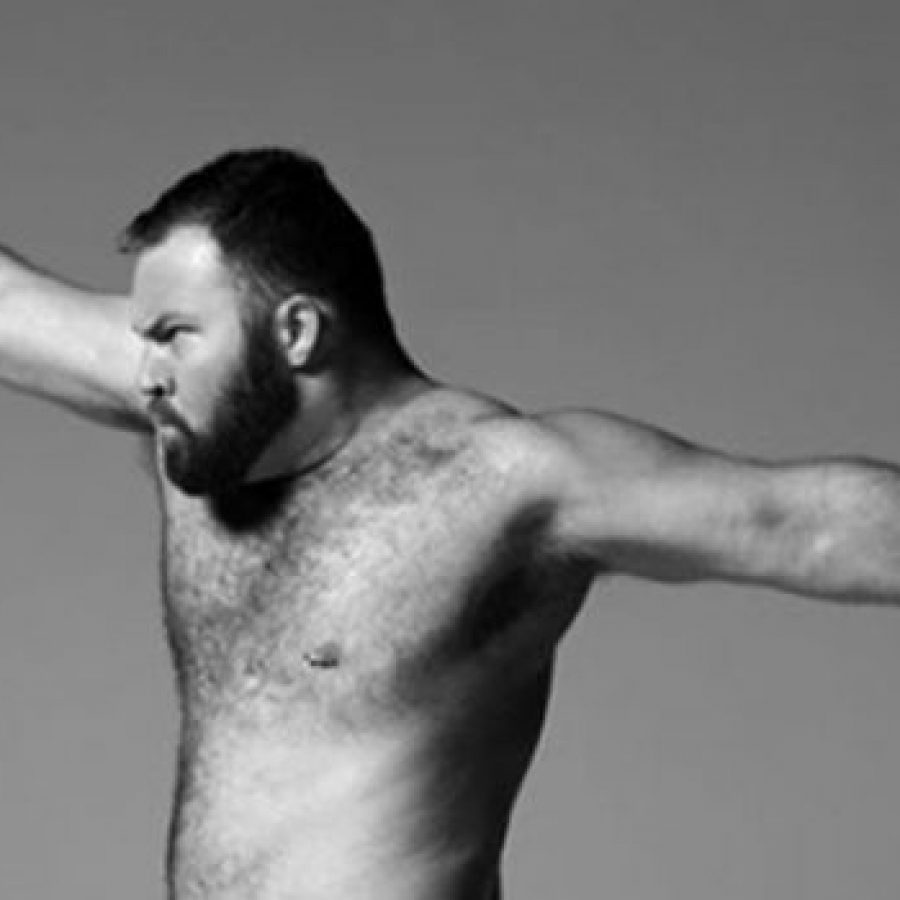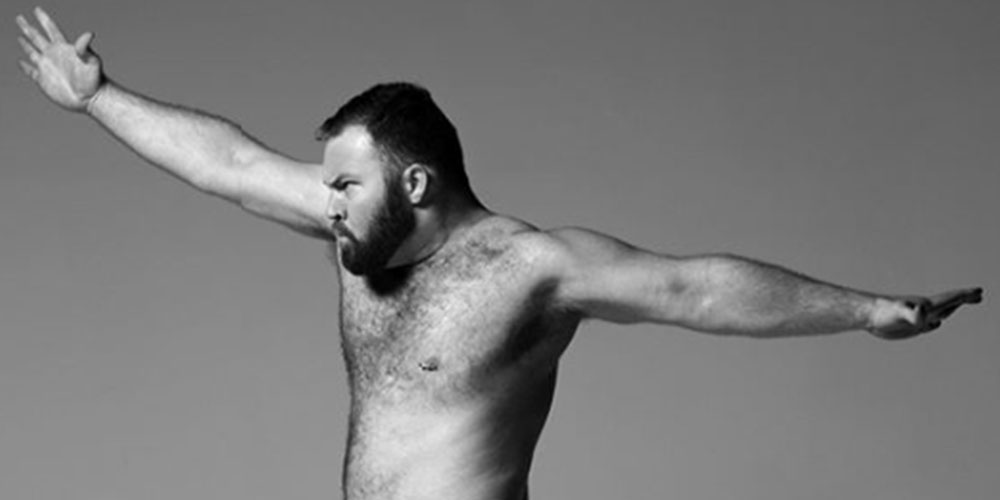It’s rare that a headline goes by these days without praising another celebrity or social influencer for body positivity, but is that even a realistic achievement for the everyday person?
The term is, in fact, being hip-bumped out of the spotlight by body ‘neutrality’ instead; where instead of fighting to love our flaws, we learn to just accept them. For many people, the idea of loving their bodies unconditionally just isn’t achievable, but celebrating our bodies on the days when we feel good, and accepting it on the days when we don’t, is the positive premise that neutrality presents.
“Because some days we feel good about our body, some days we feel bad about our body, but on all days, we can respect our body,” Betheny C. Meyers writes. “It may not be easy to stay positive, but it’s a hell of a lot easier to stay neutral.”
It’s been argued by beauty bloggers that the idea of body positivity alienates the very people who it’s for, “in order to be body positive, you have to be acceptably fat — size 16 and under, or white, or very pretty,” Stephanie Yeboah told the Guardian.

Last year, the campaign for Surge underwear was branded as an ‘inclusive’ and ‘body positive’ one, but some pointed out that even the diverse body-types they included, weren’t massively inclusive, with half of the men being white and slim.
“If we’re only having conversations about body image and not about body politics then we’re not fighting for all bodies – just our own bodies,” plus-size influencer Megan Crabbe told The Guardian.
Neutrality aims to steer our approval away from physicalities; to balance the love/hate relationships many of us have with our bodies; to appreciate them for the amazing work and functions they perform on a daily basis, rather than fixating on achieving an unattainable relationship with our bodies, that is perhaps easier for other people.
For example, some people may even have ‘better’ bodies in the eyes of the masses, but a less healthy relationship with it; which is ultimately what we should be striving for: treating our body well, and loving it for supporting us, not for how it looks.
https://twitter.com/leafsbian/status/1113201686900879362
Personally, I’m a perfectionist, so for me to ‘love’ my body all the time, I’d probably have to hate my life and live in the gym. So the idea of love being more fluid when it comes to one’s appearance is one that I relate to more. Especially, as the more we focus on the exterior, the more detriment it does to our minds.
“Obsessing, silently judging ourselves, and self-criticism take up a lot of mental energy,” New York psychotherapist Alison Stone told Huff Post. “More importantly, these types of thoughts prevent us from enjoying experiences and being fully present in our lives.”





